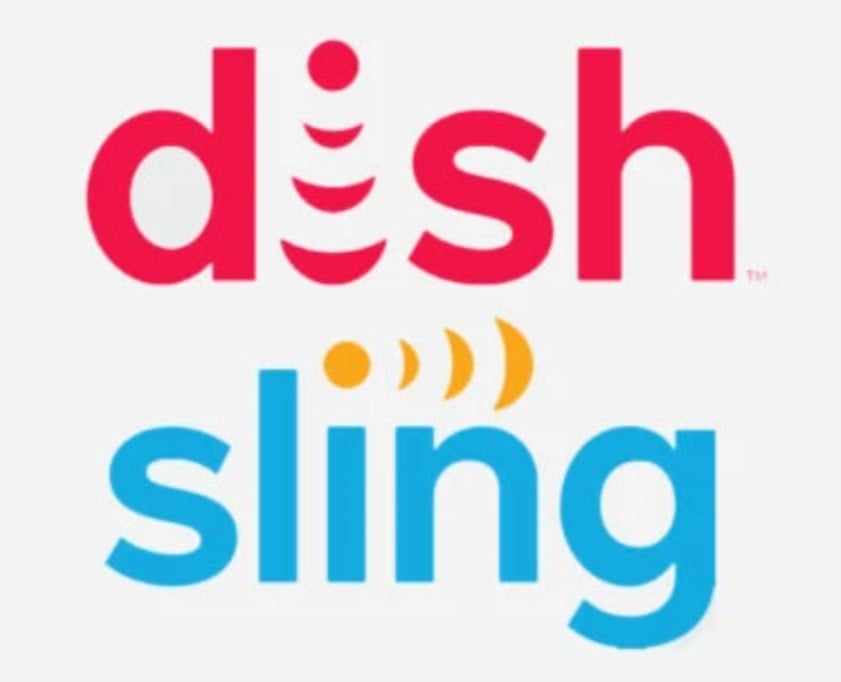
The Pac-12 Network is suing Dish Network, one of its broadcast partners, for withholding payments and violating the terms of their distribution agreement.
The Pac-12 is seeking damages and injunctive relief in order “to both recoup the license fees Dish has already improperly withheld and to prevent any continued withholding of fees due under the parties’ agreement,” according to the lawsuit, which was filed Oct. 6 in U.S. District Court in Colorado. (Dish is located in Englewood, outside of Denver.)
The Hotline obtained a copy of the lawsuit, which features significant redactions covering the financial terms of the distribution contract, the licensing fees Dish is withholding and the damages sought.
Dish declined to comment per its policy on “ongoing litigation matters.”
The Pac-12 also declined to comment.
Two sources with backgrounds in sports media contracts were asked to review the lawsuit. One described the case as appearing “straightforward” in that Dish “tried to renege on a payment deal.” But both acknowledged the redactions make definitive conclusions difficult.
The dispute stems from the 2020 football season heavily impacted by COVID.
According to the lawsuit, Dish pays a monthly fee based on the number of subscribers to the Pac-12 Network. Dish is entitled to a rebate if the network doesn’t broadcast a minimum number of games each season.
Typically, that’s about 36 games. But in 2020, the Pac-12 Network showed only one game: San Diego State at Colorado, the lone non-conference matchup of the COVID season. (The rest were broadcast by ESPN and Fox and thus governed by separate contracts.)
In February ’22, the Pac-12 offered Dish a rebate for the 2020 season that was “calculated pursuant to the parties’ agreed-upon rebate provision,” according to the lawsuit. The offer was accepted a month later.
But Dish “also inexplicably demanded from the Pac-12 additional rebates for the two contract years before 2020-21,” per the lawsuit. The explanation for Dish demanding additional rebates is redacted.
The Pac-12 contends that Dish’s position is “improper and unreasonable” because Dish “could not possibly have suffered losses during the 2018-19 and 2019-20 contract years from COVID-19-related football shortfalls occurring one to two years thereafter.”
But the dispute isn’t limited to the COVID season.
According to the lawsuit, Dish “began to unilaterally withhold license fees from Pac-12 amounting to (redacted). To date, it has already withheld license fees amounting to (redacted). This exceeds (redacted) by the allowable rebate of (redacted).”
Because of the redactions, the Hotline’s sources were left wondering how Dish concluded that the shortfall in 2020 impacted the prior years and, therefore, prompted the decision to withhold present-day payments.
“What’s the justification?” one source said.
In the last fiscal year prior to the pandemic, the Pac-12 Network generated approximately $120 million in revenue, much of it through distribution agreements with an array of providers, including Comcast, Charter and Dish.
As a result of Dish withholding the payments, the lawsuit states:
“DISH’s demands and self-help actions have severe and immediate consequences for (the) Pac-12 and the Conference, and punish the academic institutions they represent for a pandemic over which they had no control. Dish seeks multiple recoveries for the same missed games, an unduly punitive position that has no basis in the parties’ contract.”
The complaint includes a demand for a jury trial.
Dish’s stock price has dropped approximately 70 percent in the past year. The company was recently embroiled in a carriage dispute with Disney.
Support the Hotline: Receive three months of unlimited access for just 99 cents. Yep, that’s 99 cents for 90 days, with the option to cancel anytime. Details are here, and thanks for your support.
*** Send suggestions, comments and tips (confidentiality guaranteed) to pac12hotline@bayareanewsgroup.com or call 408-920-5716
*** Follow me on Twitter: @WilnerHotline
*** Pac-12 Hotline is not endorsed or sponsored by the Pac-12 Conference, and the views expressed herein do not necessarily reflect the views of the Conference.
"dish" - Google News
October 12, 2022 at 01:50AM
https://ift.tt/U40ADit
Playing hardball: Pac-12 Network takes Dish to court, claims breach of contract - The Mercury News
"dish" - Google News
https://ift.tt/PAvcmNS

No comments:
Post a Comment